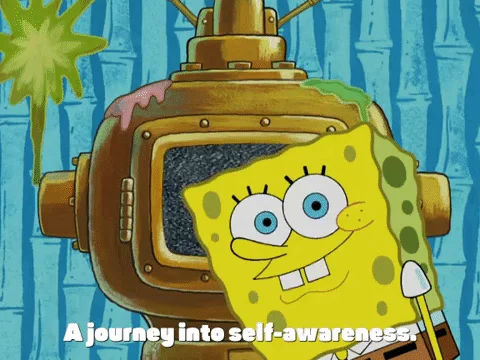The interview for your dream job could not be going any better. You're already mentally creating the LinkedIn post announcing your new position. Then the hiring manager says:
"Tell me about the worst manager you ever had."
Your hands start to sweat.
Your stomach does more flips than an Olympic gymnast.

Hold on. Back it up.
This question is ablessing in disguise because your answer offers you an opportunity to showcase your professionalism, growth, and ability to manage challenging on-the-job situations.
Knowing how to answer this question can be the difference between...

...and...

What are they looking for?
On the surface, this seems like a question about your boss, but it is not.
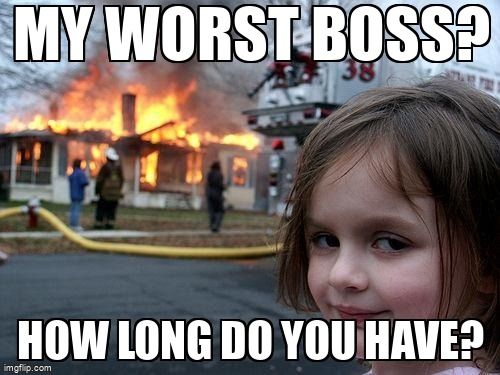
It's a question about you, and what you're like as an employee!
You may be tempted to fill the interviewer in on how you survived the reign of terror that was your former boss, but don't! No matter how classic your experience was, complaining about it will put a quick end to your interview.

Your response to the "worst boss" question tells the interviewer about:
your relationship with authority
your management of professional relationships
your ability to distinguish between professional issues and personal issues
your self-awareness
your response to stressful situations
Your best bet? Prepare ahead of time.
See the opportunities
Bad managers provide an opportunity forself-assessment.
You can't control your manager, but you can control your attitude and your results.
Reflecting on these questions will help you craft an answer that shows you are self-aware and comfortable being honest:
How did you contribute to the relationship dynamics?
Did you take the opportunity to change something about your approach or reactions in order to improve things?
How did your understanding of being a professional grow from this experience?
What did you learn about your preference for different management styles?
What did you learn about your own work style?
Now you're ready to answer the question in 3 easy steps!
Step 1: Lead with the positive
Be truthful but frame your answer in the positive.
ProTip: Choose one professional quality about your boss to base your answer around.

My boss prided himself on getting the most out of their employees.
My boss was able to provide employees with quick customer service feedback.
My boss really encouraged her employees to learn by doing.

My boss had us run personal errands for him during the work day.
If we made a mistake, my boss would yell at us in front of the customer.
My boss thought training employees was a waste of her time.
Your response should clearly show your understanding that there are a variety of different work styles, and difference does not equal wrong or bad.
Quiz
How would you respond if you have never had a bad manager?
Step 2: Highlight your growth
Showcase your professionalism and insight.

How did you adapt in order to maintain a positive working relationship?
"I used our shared enthusiasm for a strong morning coffee as a way to connect."
What did you do to maintain positive results?
"Having a personal connection positively influenced our work communication."
How will you apply what you learned going forward?
"If I'm joining a new work team, or someone new joins my team, I try to get to know them on a personal level."
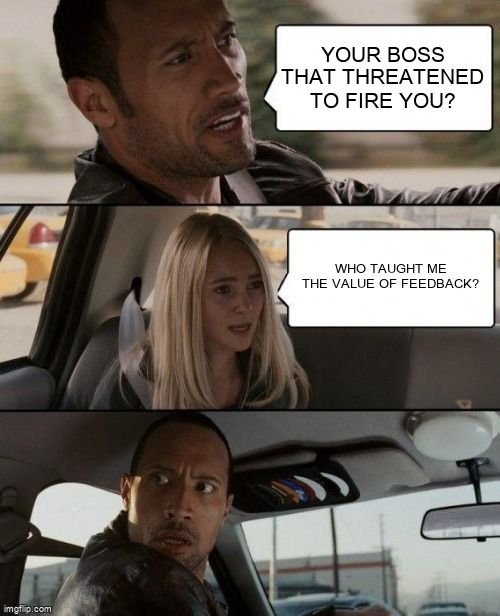
ProTip: Include important context.
Were you (or your manager) new to the company?
Was your manager in a different department?
Had the company just been through a reorganization?
Step 3: Transition the conversation
The finale: Transition the focus away from retelling your past experience to noting the value of the experience and how it makes you even more of an asset in the role you are applying for.
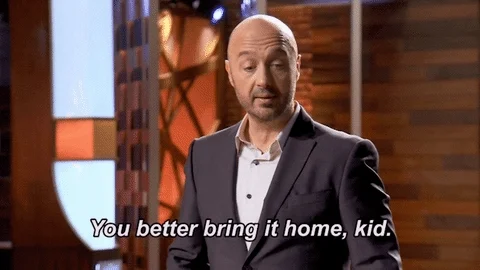
For example:
"This is why it's important for me to have a manager who works collaboratively/focuses on training."
"This experience taught me how to ask questions immediately/understand the challenges that can come with organizational change."
"At the time, I thought they didn't like me, but now I understand that feedback is designed to help me learn how to do my job better/how to manage others."
Practice, practice, practice
ProTip: If possible, choose someone from a while ago. The farther you move away from the experience, the less you'll feel an emotional charge about it.
Practice your answer in a mirror and check:
Facial expression
Neutral tone
Neutral body language
Double check your answer for:
Diplomatic word choice
Focus on the professional (managerial style), not the personal
Evidence of growth
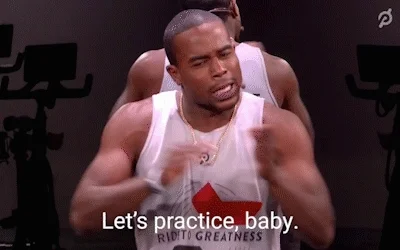
Take Action

Now that you know the keys to answering this interview question, it's a perfect time to get started creating your own answer.
Your feedback matters to us.
This Byte helped me better understand the topic.

